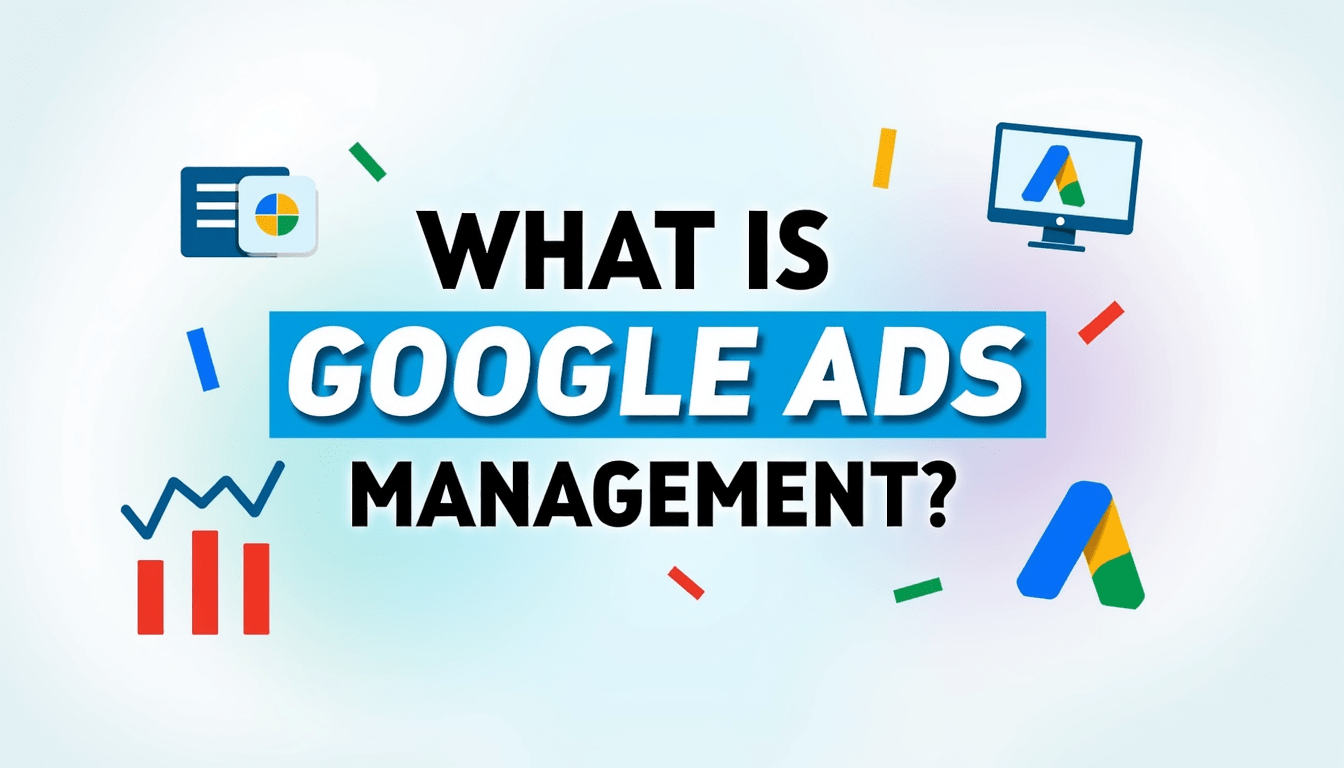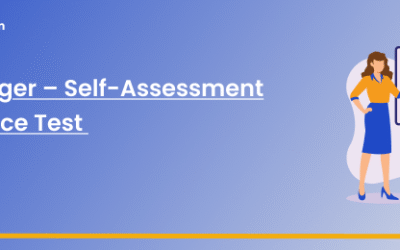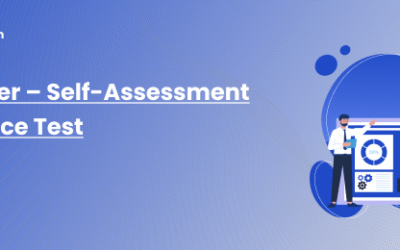What is Google Ads Management
Are you looking to boost your online visibility and drive targeted traffic to your website? If so, Google Ads management could be a game-changer for your business. Designed to help you reach potential customers at the right time and place, Google Ads is a powerful advertising platform that enables businesses to create and run effective online campaigns.
Google Ads management involves the strategic planning and optimization of your ad campaigns, ensuring that your budget is invested wisely to generate maximum returns. From keyword research and ad creation to bid management and performance analysis, effective Google Ads management requires a comprehensive understanding of your target audience and a data-driven approach.
With the right Google Ads management strategy, you can attract high-quality leads, increase brand exposure, and ultimately drive conversions for your business. By leveraging the vast reach and targeting capabilities of Google’s advertising platform, you can connect with potential customers who are actively searching for products or services like yours.
If you’re ready to take your online advertising efforts to the next level, investing in professional Google Ads management is a smart move. Let experts optimize your campaigns, maximize your ROI, and unlock the full potential of Google Ads.
The Importance of Google Ads Management
Google Ads management is not merely about setting up ad campaigns; it’s about making informed decisions to ensure that every penny of your advertising budget is working hard to deliver results. The digital landscape is increasingly competitive, and without a strategic approach to Google Ads, your business risks being overshadowed by competitors.
The importance of managing Google Ads cannot be overstated. A well-managed campaign can lead to a significant increase in website traffic, higher conversion rates, and a substantial return on investment. Conversely, poorly managed campaigns can result in wasted budgets, low-quality leads, and missed opportunities to connect with your target audience.
Effective Google Ads management involves regular monitoring and optimisation. It requires an understanding of how different ad formats, targeting options, and bidding strategies can be aligned with your business goals. By continuously refining your campaigns, you can stay ahead of the curve and make the most of every opportunity to engage with potential customers.
Components of a Successful Google Ads Campaign
A successful Google Ads campaign is built upon several critical components, each playing a vital role in ensuring the campaign’s effectiveness. The first of these is a robust campaign structure, which involves organising your ad groups and keywords in a way that aligns with your business offerings and customer intent.
Next, selecting the right keywords is essential. These are the terms that potential customers use when searching for products or services related to your business. Your keyword selection must be both broad enough to attract traffic and specific enough to target users with a strong intent to purchase.
Ad copy is another crucial component. Your ads must be compelling and clearly convey the value proposition of your offer. They should include a strong call-to-action (CTA) that encourages users to take the next step, whether that’s making a purchase, signing up for a newsletter, or contacting your business for more information.
Setting Up a Google Ads Account
Before launching your campaigns, you must set up a Google Ads account. This process begins with creating a Google Account if you do not already have one. Once your Google Account is ready, you can sign up for Google Ads and start setting up your campaigns.
The setup process includes defining your campaign type, such as Search, Display, or Shopping, and setting your target audiences and locations. It’s also crucial at this stage to establish your budget and bidding strategy, which will dictate how your ads are served and how much you’ll pay for clicks or impressions.
After setting up your account, you’ll need to structure your campaigns into ad groups, each with its own set of related keywords and ads. This level of organisation allows for greater control and precision in targeting, ensuring that your ads are as relevant as possible to those who see them.
Keyword Research for Google Ads
Conducting thorough keyword research is the foundation of any successful Google Ads campaign. It involves identifying the terms and phrases that potential customers are using to search for products or services similar to yours. By understanding the search queries of your audience, you can tailor your campaigns to meet their needs.
Keyword research tools such as Google Keyword Planner can provide insights into search volumes, competition levels, and suggested bids for keywords. It’s important to consider long-tail keywords – more specific, less common phrases that can attract highly targeted traffic and often result in higher conversion rates.
When selecting keywords, it’s essential to consider the user’s intent. Some keywords indicate a user is ready to buy, while others suggest they are still in the research phase. Your keyword strategy should cater to different stages of the customer journey, ensuring that your ads are relevant at every step.
Creating Effective Ad Copy
Effective ad copy is critical to the success of your Google Ads campaigns. Your ads need to capture the attention of potential customers and encourage them to click through to your website. This requires a clear and concise message that highlights the benefits of your offer.
Your ad copy should include your target keywords to ensure relevance to the user’s search query. It should also feature a unique selling proposition (USP) that sets your business apart from competitors. Additionally, a compelling call-to-action (CTA) is necessary to guide users on what to do next.
Testing different versions of your ad copy is a vital part of the optimization process. A/B testing allows you to compare different headlines, descriptions, and CTAs to determine which combinations perform best. Through continuous testing and refinement, you can improve the effectiveness of your ads and increase your campaign’s overall performance.
Optimizing Ad Campaigns for Better Performance
Once your campaigns are live, the work doesn’t stop there. Continuous optimization is key to improving performance and achieving better results. This includes adjusting keyword bids, refining target audiences, and tweaking ad copy based on the data you collect.
Conversion tracking is an essential tool for optimization. It allows you to see which keywords, ads, and campaigns are leading to valuable customer actions. With this information, you can allocate your budget more effectively and focus on the strategies that are driving the most success.
Optimization also involves testing different ad extensions, which can enhance your ads with additional information such as contact details, product links, or special offers. These extensions can improve your ad’s visibility and click-through rate, providing more opportunities for users to interact with your business.
Monitoring and Tracking Google Ads Campaigns
To ensure your Google Ads campaigns are performing as expected, it’s crucial to monitor and track their progress closely. This involves keeping an eye on key metrics such as click-through rates (CTRs), conversion rates, cost-per-click (CPC), and return on ad spend (ROAS).
Google Ads provides a comprehensive suite of reporting tools that give you insights into how your campaigns are doing. You can use these tools to identify trends, spot potential issues, and make data-driven decisions to improve your campaigns.
Regular reporting and analysis allow you to understand the impact of your Google Ads campaigns on your overall business goals. By setting up custom reports and dashboards, you can get a clear view of your campaign performance and make adjustments as needed to stay on track with your objectives.
The Role of Bidding and Budgeting in Google Ads Management
Bidding and budgeting are at the heart of Google Ads management. Your bidding strategy determines how much you’re willing to pay for each click or impression, and your budget controls the overall spending on your campaigns.
Google offers several bidding strategies, such as cost-per-click (CPC), cost-per-thousand impressions (CPM), and cost-per-acquisition (CPA). Each strategy has its own advantages and is suited to different campaign goals. It’s important to choose the right bidding strategy based on what you’re trying to achieve with your ads.
Effective budget management ensures that your campaigns remain profitable. It’s about finding the right balance between spending enough to reach your target audience and not overspending on underperforming campaigns. Regularly reviewing and adjusting your budgets can help you maximize your ROI.
Conclusion: The Benefits of Professional Google Ads Management
Investing in professional Google Ads management can bring a wealth of benefits to your business. With expert guidance, you can navigate the complexities of online advertising and develop campaigns that resonate with your target audience.
Professional managers bring experience and knowledge to the table, leveraging advanced tools and strategies to optimize your campaigns. They can help you save time and avoid common pitfalls, allowing you to focus on running your business while they handle the intricacies of Google Ads.
Ultimately, the benefits of professional Google Ads management include improved campaign performance, higher ROI, and the peace of mind that comes with knowing your online advertising is in capable hands. If you’re serious about maximizing the potential of Google Ads, professional management is a smart investment that can drive tangible results for your business.




